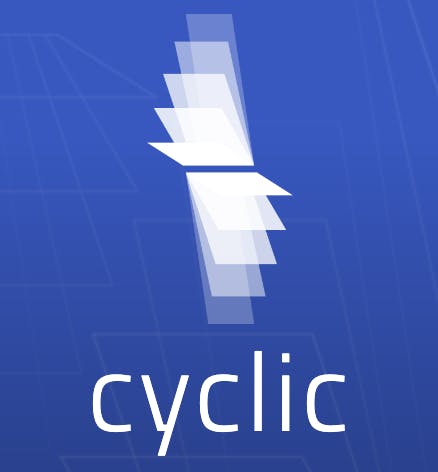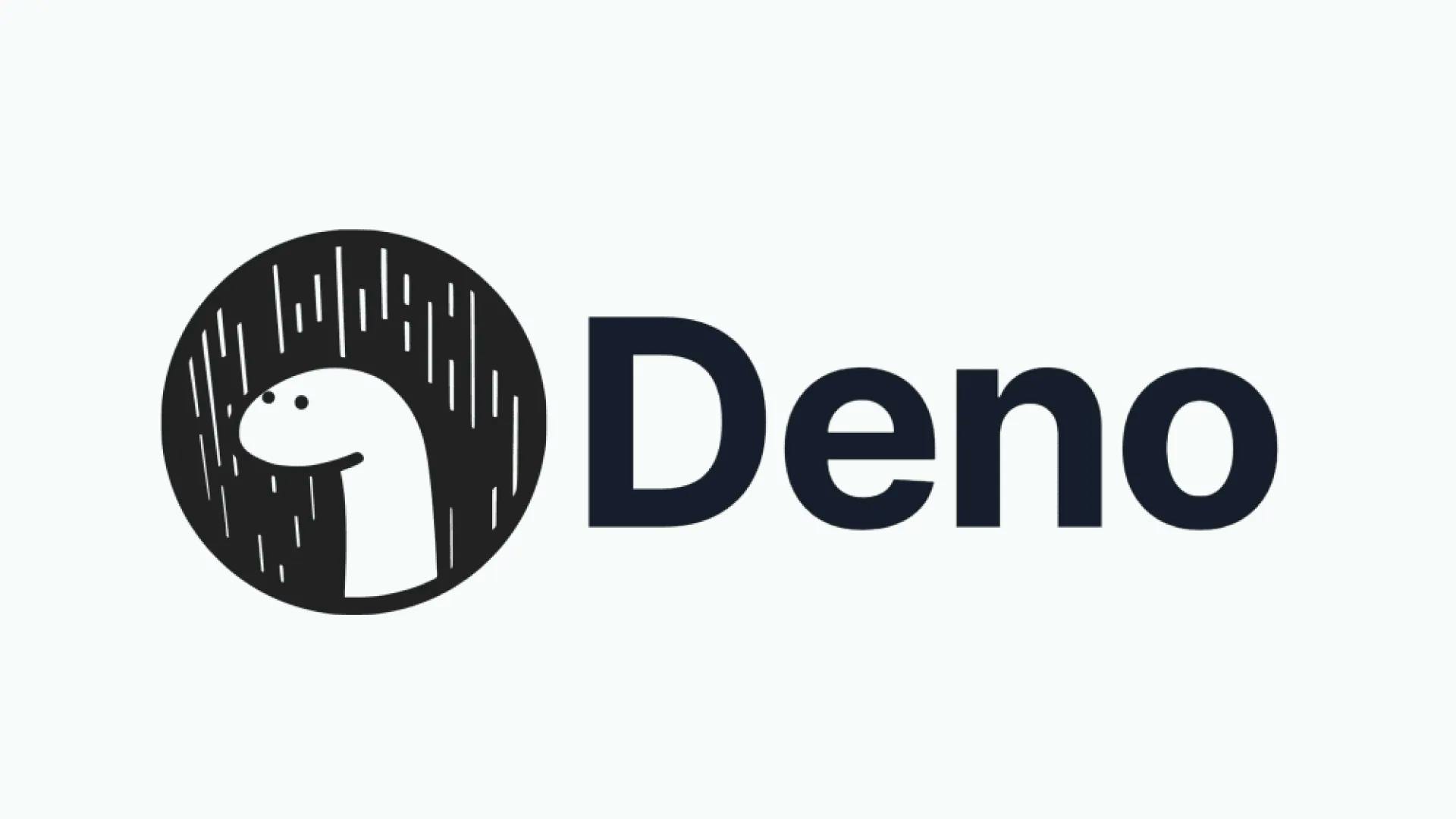Heroku is removing the free tier plan which was broadly used for multiple pet projects across the world.
Heroku at the moment of writing this article is offering a generous free tier so that developers can use it for free for their projects.
But it's gonna change soon...
From 28 November 2022, this free tier will no longer be available. If you're using Heroku for your projects you may need to upgrade to the paid version of it or switch to a different service.
I am not gonna make this article longer than it actually should be, so let's go straight for the good alternatives in alphabetical order:
Free Heroku Alternatives
Anvil

Anvil helps you to build powerful apps with nothing but Python.
It's free to use, even for commercial purposes. However, some features are available only for users of one of their paid plans. These include:
- Removing the Anvil branding banner from apps
- Using own domain
- Using a wide range of Python libraries from their server modules
URL: anvil.works
CapRover

CapRover is an easy-to-use app/database deployment and web server manager for NodeJS, Python, PHP, ASP.NET, Ruby, MySQL, MongoDB, Postgres, ..., applications.
It includes:
- CLI
- Web GUI
- No lock-in
- Docker Swarm under the hood
- Nginx (fully customizable template) under the hood
- Let's Encrypt under the hood for free SSL (HTTPS)
URL: caprover.com
Cyclic

Cyclic allows you to connect your Github repo, and promises that they will manage build, deploy and hosting for you. Sounds super simple. Their free tier includes:
- 3 apps
- 100k API requests
- 1GB runtime memory
- 512MB /tmp storage
- 1GB Object Storage(AWS S3)
- 1GB Database Storage(AWS DynamoDb)
You can connect any public repository from github. To get support for private repositories you need to upgrade to paid plan.
URL: cyclic.sh
Deno

Deno has some unique features in the free tier version, for example, you can use private GitHub repositories. It can handle your JavaScript, TypeScript, and WebAssembly projects, and deploy it at the edge, worldwide.
Here is the list of what's included in the free tier:
- 100k requests per day
- 100 GB data transfer per month
- Github integration with public & private repos
- Free deno.dev subdomain & custom domains
- Automatic HTTPS / TLS
URL: deno.com
Deta Cloud

Deta Cloud is a free cloud with a mission to reduce the gap between ideas and working cloud applications. It's crafter with the developer and user experience at heart.
Deta Cloud owners promise that their service will be free forever, which is really interesting if you want to avoid any unexpected changes in that matter in the future.
It contains a set of cloud primitives:
- Deta Base - usable database with a feature-rich API.
- Deta Micros - to deploy scalable Node & Python apps.
- Deta Drive - to upload, host, and serve files.
URL: deta.sh
DOM Cloud

DOM Cloud is an interesting one. While still in Beta, it's a cloud hosting solution, that allows to host our website on their servers.
They are pretty much different from other cloud providers, cause they don't serve the websites using containers nor serverless functions. We are just getting a raw access to a non-sudo user on their server. What's more DOM cloud can sync with GitHib on every push.
They also want us to get the most benefit of raw access to their servers, for example with SSH we can also open Visual Studio Code with remote SSH so we can use it for cloud working environment for example.
The free tier includes:
- 1 GB of free total storage for up to 4 websites.
- Free *.domcloud.io domain for all websites.
- Free SSL with Let's Encrypt.
URL: domcloud.co
Glitch

Glitch provides a service to develop web. It supports static websites, which are always on, as well as React and Node apps. We can also use it for hosting Blogs with Eleventy and host SQLite databases.
Free tier features are as follows:
- 1000 project hours for registered users each month
- Projects and code are public by default
- Full-stack apps that sleep after 5 minutes
- Unlimited static sites that are always on
- Github import/export and Prettier support
URL: glitch.com
Koyeb

Koyeb is a developer-friendly serverless platform to deploy apps across the globe. No-ops, servers, or infrastructure management is needed for the user - they will handle everything for you. We can deploy our applications from Docker images here, or connect git repositories and simply push to deploy. It is also language agnostic so it supports PHP, Ruby, Python, Go, Java, Rust... you name it!
"Pay as you scale" plan allows us to:
- Run Web Apps, APIs, and workers
- Use Continuous deployment with Git
- Use Global load-balancing with HTTP/2 and full SSL
- Up to 2GB of RAM per service, charged by the second
- $5 free credit every month
No credit card is required so no need to worry.
URL: koyeb.com
Northflank

This is a "comprehensive developer platform to build and scale microservices jobs and managed databases with a powerful UI, API & CLI".
With a free Developer plan we can deploy:
- 2 services
- 2 jobs
- 1 Addon(like database)
There is no info about available resources, but vertical scaling is described as "Limited"
URL: northflank.com
Summary
As you can see there are quite a lot of alternatives to Heroku. All of them have some limitations, but that's perfectly acceptable for free tiers. You can always switch to paid version if you like.
I am sure that's not a full list of services you can use to replace Heroku. Feel free to put some more in the comments section if you know any.


